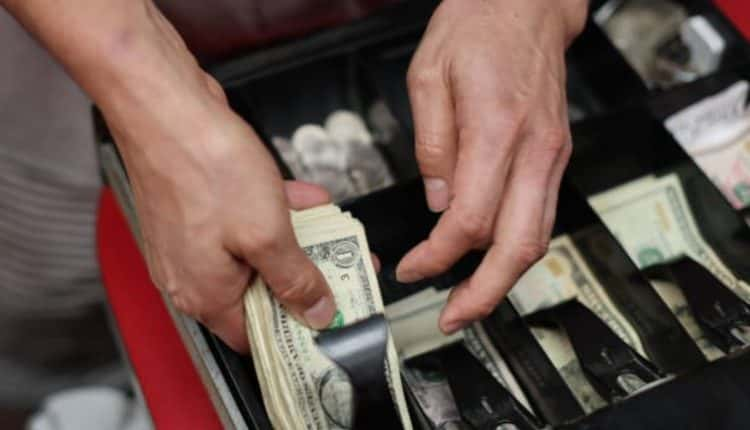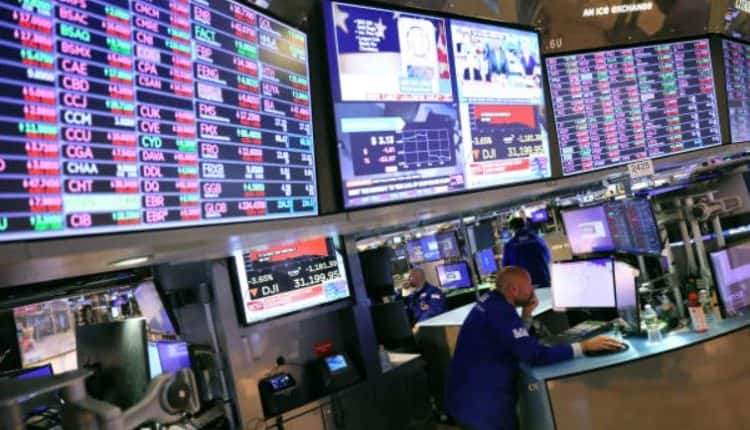
The US is experiencing a noteworthy decline in inflation, with the Consumer Price Index (CPI) dropping from a 40-year high of 9.1% in June to 3.2% in October.
The Federal Reserve’s aggressive interest rate hikes, aimed at curbing inflation, are paying off, leading to renewed optimism in financial markets.
Fed’s Bold Moves Fuel Optimism as Inflation Retreats
However, while this positive development is cause for celebration, questions linger about its impact on the broader economic landscape.
The Federal Reserve, in response to soaring inflation rates, steadily raised the Fed funds rate from 0.25% to 0.5% in March 2022, reaching a range of 5.25% to 5.5% by July 2023.
The aggressive approach has yielded positive results, as evidenced by the recent decline in the headline CPI and the “core” inflation measure.
The financial markets responded enthusiastically to the news of declining inflation. The S&P 500 and Nasdaq experienced their most significant one-day gains since April, with the S&P rising by 1.9% and the Nasdaq surging nearly 10% in November.
The Russell 2000, representing US small-cap stocks, notably jumped by almost 5.5% on the same day.
Read more: Could Your $2 Bill Be Worth Thousands? Find Out!
Celebrating a Decline in US Inflation

Investors are now pricing in the possibility of US interest rate cuts as early as May next year, reflecting confidence that the Fed might not need to raise rates further.
This sentiment has contributed to a positive outlook for the economy, with hopes of an earlier start to monetary policy easing.
If the Federal Reserve achieved a soft landing, it would be historic. The central bank has yet to successfully reduce inflation of this magnitude without pushing the US economy into recession for 80 years.
However, the efficacy of these measures raises questions about whether President Biden will see tangible political benefits.
Despite positive economic indicators, the American public’s mood remains somber. Surveys indicate that more Americans expect to be worse off in the coming year, contributing to President Biden’s disapproval ratings, which have exceeded 50% since the onset of inflation.
The discrepancy between economic data and public sentiment presents a complex challenge for the Biden administration.
In contrast, the United Kingdom is grappling with a different economic reality. While UK inflation has decreased, the country’s economic growth lags behind the US.
The US government’s robust stimulus measures, including President Biden’s Inflation Reduction Act, inject $369 billion into the economy for the energy transition and infrastructure upgrades.
The UK government, facing a slightly lower budget deficit than the US, needs similar options for stimulating economic growth.
The indifferent attitudes of investors towards the UK, evident in the FTSE-100’s low price-earnings multiple of 9.87 times, highlight the country’s challenges in attracting foreign investment and bolstering economic recovery.
The decline in inflation in the United States offers a glimmer of hope for economic stability. However, the complex interplay between financial data, public perception, and political ramifications underscores the challenges leaders face in navigating a post-inflation landscape.
As the US charts a course toward potential monetary policy easing, the global economic landscape continues to evolve, presenting both opportunities and obstacles to recovery.
Read more: Inflation And SNAP Benefit Reductions Drive Hunger Relief Demand

